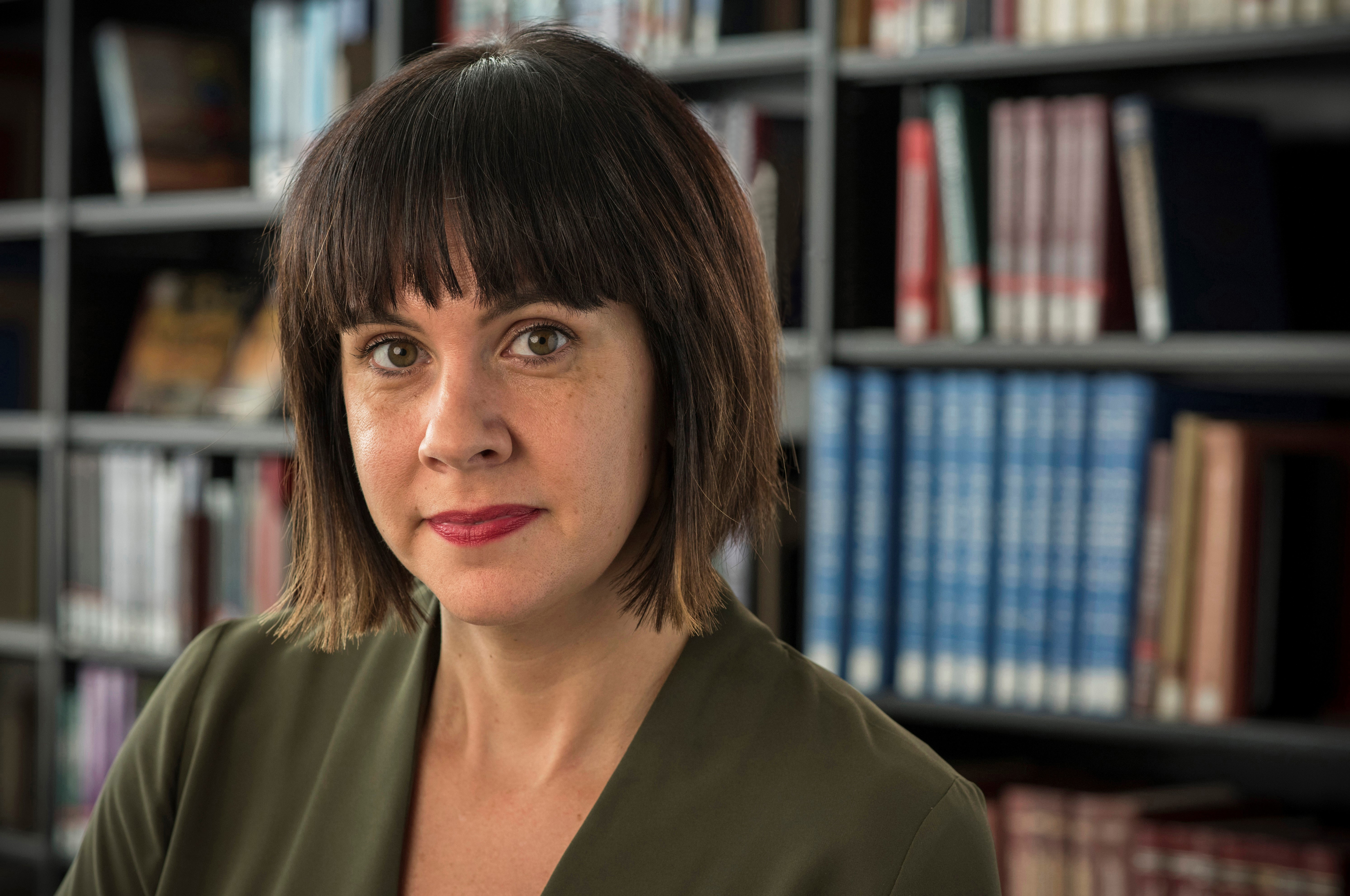
Biography:
Yanilda María González is an Assistant Professor at the Crown Family School of Social Work, Policy, and Practice. Her research explores the consequences of violence and inequality for state capacity, democratic citizenship, and the relationship between citizens and state institutions in Latin America.
González's nearly two years of immersive qualitative field research in Argentina, Brazil, and Colombia brought her to Chicago—and the Crown School —to study policing reform efforts in the city. González has always been interested in human rights issues. She has worked with a number of human rights organizations in Argentina and the US, including the New York Civil Liberties Union, where she worked with family members who were victims of police killings.
She holds a PhD in politics and social policy from Princeton University. Prior to coming to UChicago, González was a postdoctoral fellow at the Ash Center for Democratic Governance and Innovation at the Kennedy School of Government at Harvard University.
Project Title: From Victims to Resilient Citizens: The Policy Feedback Effects of State Violence
State violence is a prevalent yet understudied feature of many democracies, particularly in Latin America, where state security forces kill thousands each year. Yanilda González’s research explain show marginalized citizens engage the state to reduce risk and adversity generated by the state itself. Her current research project probes how state-induced trauma serves as a mode of state interaction with citizens that conveys information about their membership in the polity, determines the boundaries of the rights of citizenship in practice, holds material implications for everyday life, and shapes citizens’ subsequent political engagement and action.

2020-21 Abstract:
Enduring Immigrant “Illegality” in Mexico: Waiting, Aging, and the State
Angela Garcia is exploring the wide-ranging effects of long-term separation on aging parents left behind in Mexico by their adult children who have permanently settled without authorized immigration status in the US. Undocumented Mexican immigrants who leave the US face great risk and potential death if they attempt re-cross the southern border clandestinely, often making travel to visit or even to say good-bye to aging or dying parents prohibitive. Angela Garcia’s current project will analyze how the parents of undocumented Mexican immigrants practically deal with the constraints of legal status, family separation, and waiting as they navigate their relationship with the state. She will draw on interviews, ethnographic observations, and administrative data collected in Mexico to examine the effects of “enduring illegality” in relation to theories of time and state power, including the ways transnational families navigate state control.
Biography:
Angela S. García is a sociologist and Assistant Professor at the University of Chicago School of Social Service Administration. Her research centers on international migration, law and society, social policy, and well-being. García’s book, Legal Passing: Navigating Undocumented Life and Local Immigration Law (University of California Press 2019) compares the effects of restrictive and accommodating state and local-level immigration laws on the everyday lives of undocumented Mexican immigrants in the US. Her current book project theorizes time and waiting from the perspective of undocumented immigrants who would have been eligible for Deferred Action for the Parents of Americans (DAPA) and their aging parents left behind in communities of origin across Mexico. She is also developing a collaborative project on Chicago’s municipal ID program, the first to unfold under the Trump administration. García received her PhD in Sociology and her master’s in Latin American Studies from the University of California, San Diego.